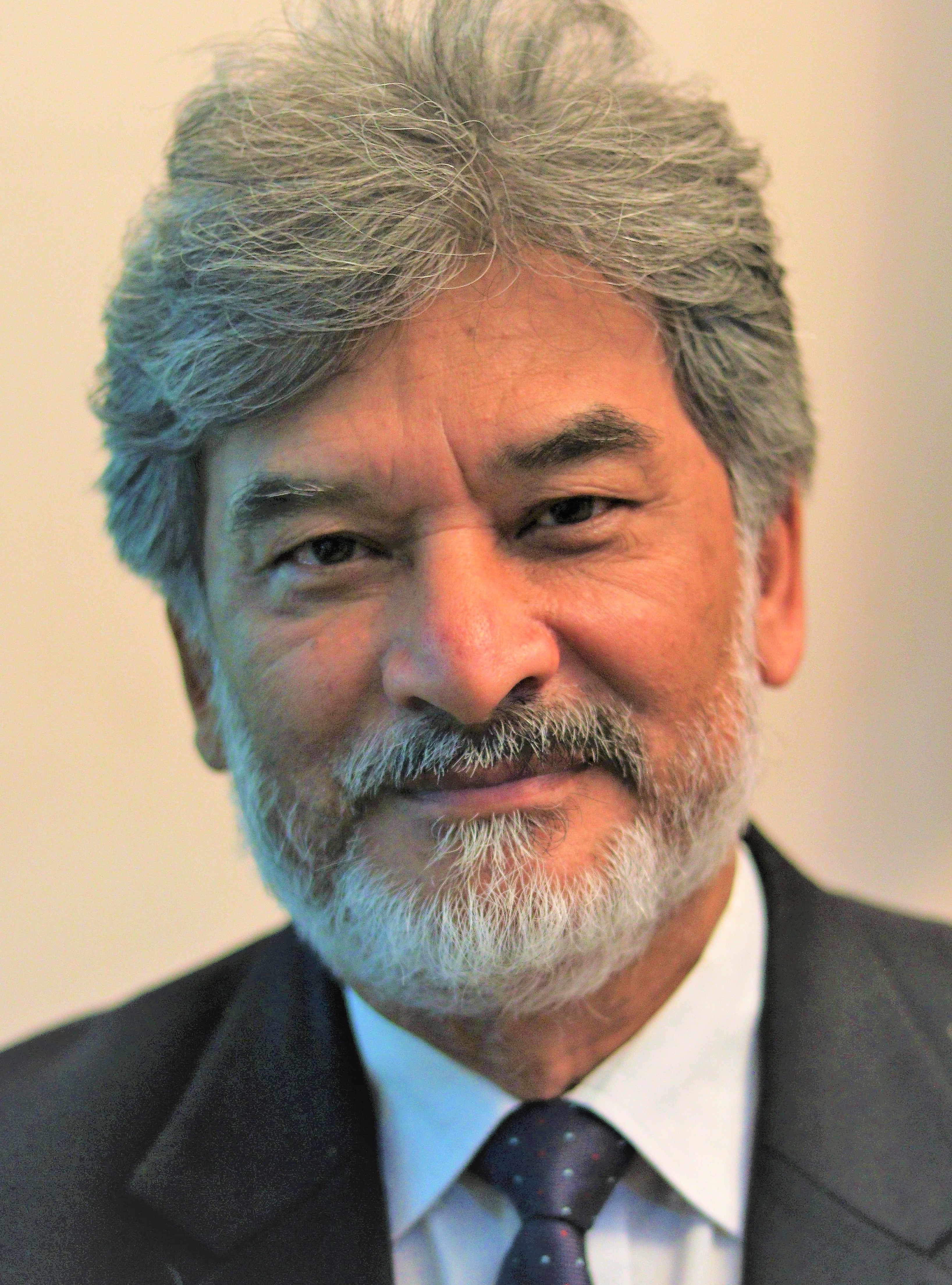Columns
The World Health Organisation is at a crossroads
The world sees the US action as an endeavour to politicise the pandemic and divide humanity..jpg&w=900&height=601)
Dr. Sharad Onta
Amidst the Covid-19 pandemic, the World Health Organisation (WHO) organised its historic virtual 73rd World Health Assembly from May 18-19, in consultation and agreement with its member states. Among the items in the assembly's shortened agenda, a review of global actions, future strategies and global collaboration to respond to the ongoing Covid-19 pandemic were at the centre of discussion. The assembly concluded with a global commitment to fight the pandemic together and agreed to resume the session sometime later in the year.
As reflected in the virtual assembly, WHO member states have realised that no country in the world alone can combat a situation like the pandemic that the world is facing now. There is no alternative to global harmony, cooperation and collaboration. Covid-19 has once again highlighted the fact that solidarity among nations is the only resilient weapon to fight against any disease in the world. In this spirit, the global solidarity expressed by several member states during the opening of the assembly was deeply inspiring for unity in the world at this time of crisis.
Global solidarity
This expression of global solidarity has surfaced at a critical time when the United States has declared it will be withholding funding support to the WHO, blaming it as favouring China and being unfair to the rest of the world in providing information about the Covid-19 pandemic. The US president has now announced American withdrawal from the WHO even before the expiry of the deadline he had given it to fulfil his demand. The global community has taken this action of the US as weakening the WHO and being a survival threat. The world has perceived it as an endeavour to politicise the pandemic and divide humanity. The commitment of the member states to global solidarity has re-energised the world for unity at such a crucial time when the seed of the infectious psychology of division has been sown in the far horizon.
US President Donald Trump’s announcement about his country quitting the WHO has not been well accepted, as expected, even among the country's public health leaders and academia. This may have some legal implications and may take some more time for the final official outcome. But it is a clear indication that the emergence of the current situation has brought the WHO to a crossroads and compelled it to choose the right path. It seems the WHO's threshold resistance to the hard times and depth of determination to its commitment to the health of the world's people is being tested. Submitting to the threat of any member state and serving its vested interest for the sake of continued funding can never justify the survival of the WHO. Favouring one or the other member state on the basis of financial or other forms of power can never be acceptable to the world community.
It will be a grave mistake for any member state to perceive the WHO as a tool to shape the world road map of health on the foundation of their desires and interests. The WHO is a common global platform of action for the health of the world's people based on the voices and interests of all member states regardless of their development status.
Speaking at the opening of the virtual 73rd World Health Assembly, French President Emmanuel Macron aptly said that, ‘We need a strong WHO and WHO is us: Member States’. The WHO always dedicated its efforts to safeguard the health of the people. This is a prime opportunity for the WHO to prove one more time through action that it is a global asset and, therefore, it belongs to all, not to a particular single or group of member states. The current Covid-19 pandemic is a clear reflection of the need for unity among nations to combat human suffering from health problems. Apparently, we were weak and alone before the pandemic. Solidarity among nations is needed now more than ever, therefore, global solidarity is non-negotiable.
Preserve unity
German Chancellor Angela Merkel acknowledged in her address to the opening of the assembly, ‘...No country can solve this problem alone. We must work together’. It is obvious that a blaming game will never offer any solution to the problem; not now, not in the future. A conspiracy to divide the world at this time of global crisis is a heinous act, as the division of the world on any basis will further deepen the crisis and escalate the suffering of the people. Therefore, we should always be alert and condemn such acts in order to preserve our unity.
Addressing the World Health Assembly, South Korean President Moon Jae-in said, ‘The world must unite under the banner of mutual trust and inclusiveness’. We should understand that it is time for the WHO and all of us to create a conducive environment of collective conviction for unity. Despite any threat, the WHO should be an instrumental link for global solidarity, and continue its journey to achieve its mission of equity and justice in health at the national, regional and global levels.
What do you think?
Dear reader, we’d like to hear from you. We regularly publish letters to the editor on contemporary issues or direct responses to something the Post has recently published. Please send your letters to [email protected] with "Letter to the Editor" in the subject line. Please include your name, location, and a contact address so one of our editors can reach out to you.




 9.89°C Kathmandu
9.89°C Kathmandu















